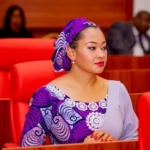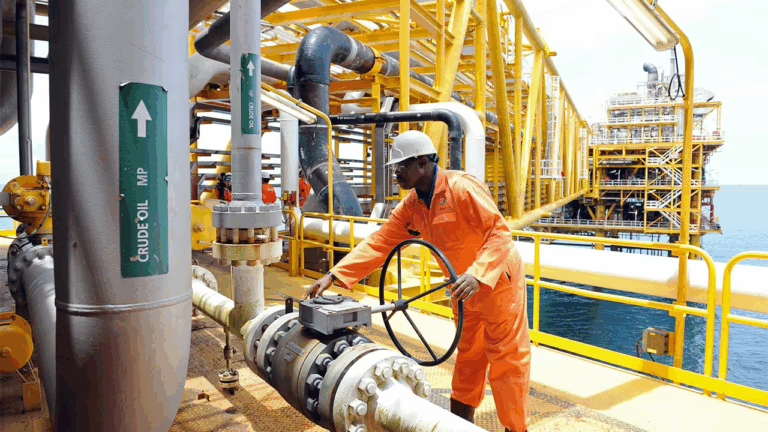Nigeria has made significant strides in reviving its oil and gas sector, with the number of active drilling rigs rising sharply from 31 in January 2025 to 50 as of July 2025.
This surge in upstream activity comes amid a renewed commitment by the Nigerian government to foster a stable, transparent, and investor-friendly petroleum environment.
This was revealed by President Bola Ahmed Tinubu, at the ongoing Africa Energy Week held in Cape Town, South Africa.
President Tinubu, who was represented by the minister of state for Petroleum Resources (Oil), Senator Heineken Lokpobiri, emphasised that Nigeria is “open for business” and actively implementing policies that prioritise investment, efficiency, and sustainable growth in the oil sector.
He described Africa Energy Week not just as a conference, but as “a call to action” for Nigeria and the continent to lead reform and accelerate growth in the global energy market.
Central to Nigeria’s reform agenda is the Petroleum Industry Act (PIA), a landmark piece of legislation that has transformed the sector’s legal and fiscal landscape.
The Act establishes clear frameworks for licensing transparency, host community engagement, enhanced regulatory oversight, and equitable contractual terms to boost investor confidence.
According to the minister, “What makes Nigeria now different is the legal, regulatory, financial, and structural transformation we are delivering.
”The impact of these reforms is evident in the gains made under the “Project One Million Barrels” initiative, launched in October 2024.
The project has elevated Nigeria’s daily crude production to between 1.7 and 1.83 million barrels per day, including a remarkable increase of 300,000 barrels per day recorded in July 2025 alone.
The increase in the number of active drilling rigs further underscores the sector’s rebound and optimism among investors and operators.
Senator Lokpobiri also spotlighted recent asset divestments by major International Oil Companies (IOCs) in Nigeria, signaling robust investor interest.
These divestments have translated into over $5.5 billion in Final Investment Decisions (FIDs), which are expected to add around 200,000 barrels per day to Nigeria’s national production.
“These are not just transfers of assets, they are transfers of confidence, capability, and ownership,” he said.Beyond Nigeria’s borders, the Minister made a compelling case for greater African collaboration to maximize the continent’s hydrocarbon resources. He noted that Africa spends over $120 billion annually on hydrocarbon imports, representing a missed opportunity for industrial growth and economic transformation. With nearly $4 trillion in domestic capital, including pension and insurance funds, available within the continent, Senator Lokpobiri urged a strategic redirection of these resources into productive energy investments.Addressing the evolving global energy narrative, the Minister called for balanced approaches that embrace diverse energy sources. He stressed the importance of availability, accessibility, and affordability of all forms of energy rather than the wholesale abandonment of fossil fuels. “Nigeria will continue to utilize its oil resources responsibly while building a diversified and sustainable energy base,” he affirmed.
Senator Lokpobiri reiterated Nigeria’s leadership ambitions in Africa’s energy landscape. “We are offering opportunities at scale, reform with consistency, incentives with clarity, local participation with respect, and a vision that modernides with purpose,” he declared.
With these strong policy signals and an open-door approach, Nigeria is positioning itself as a prime destination for energy investments and a key driver of Africa’s energy future. The government’s invitation is clear: “Come to Nigeria. Be part of the energy revolution,” he said.

















